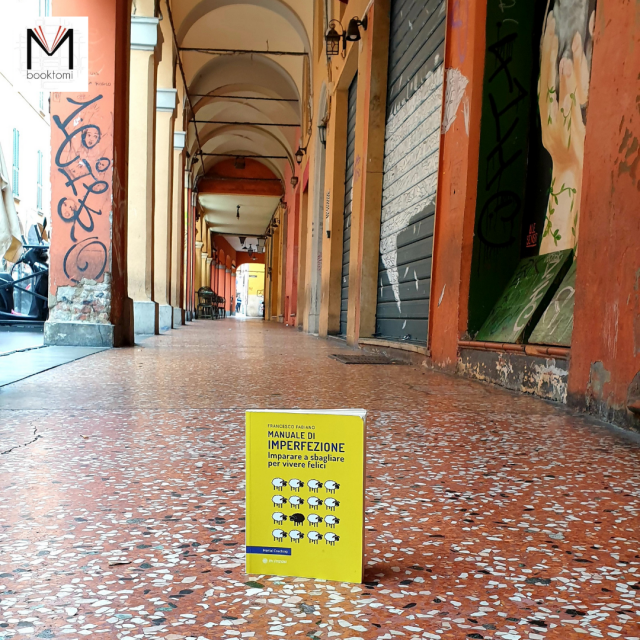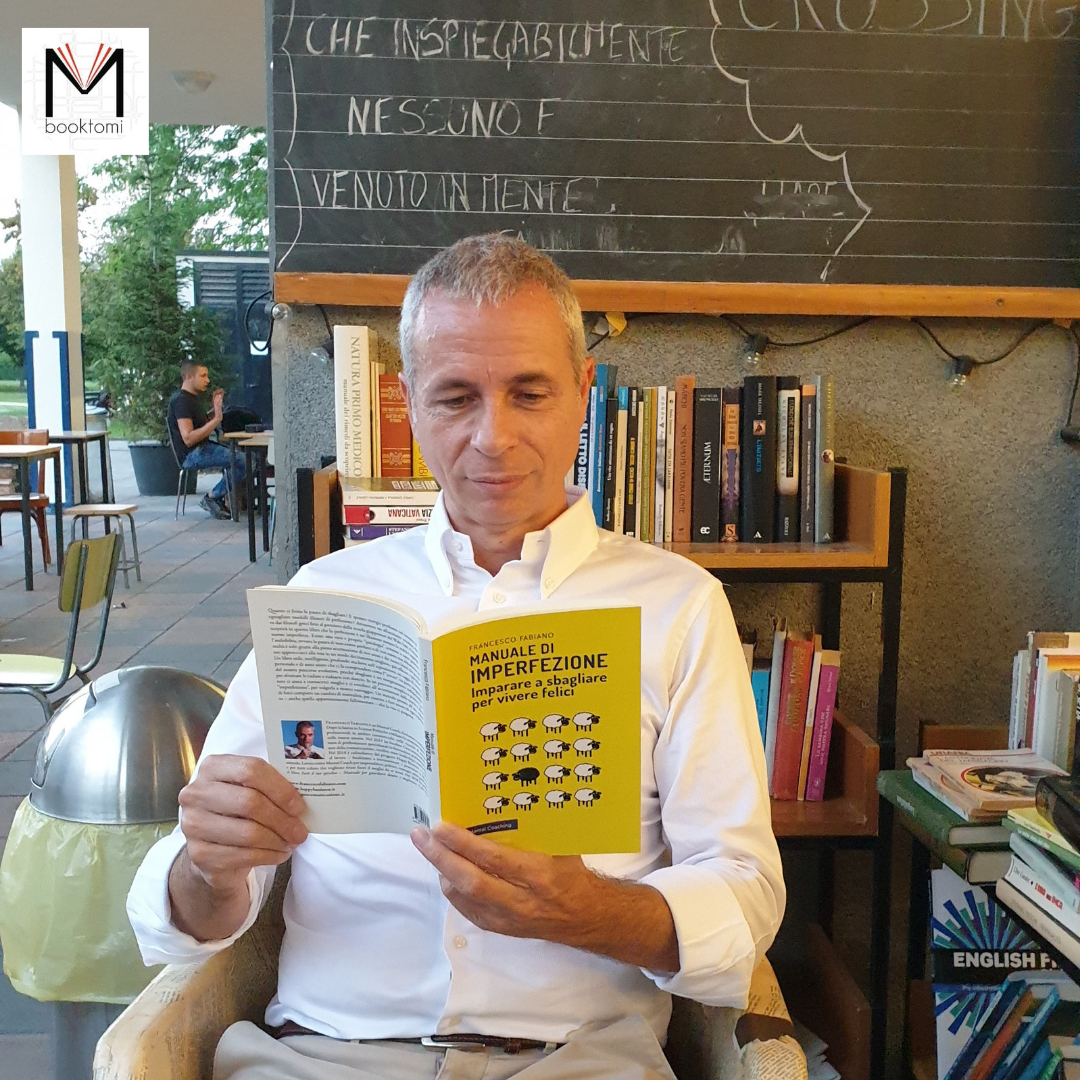“The problem is not so much what happens to us, but how we live and process what happens.”
Admission of guilt: we approached the reading of this text with some reticence because we were not convinced by the format, by the subject dealt with, by the title. In short, closed in the highest tower of a castle built on clouds of preconceptions. We had to change our minds.
It is no coincidence that we decided to start by admitting a mistake, because it is one of the things we learn from reading the book. Recognizing one’s limits, more or less great, is the first step to love and live happily, or at least to get very close to them.
There are various steps to start this path of awareness that one is not perfect, each one faced in a clear and linear way in the chapters of the book, so much so that it seems to be inside a motivational course without knowing it.
How restrained are we by the fear of making mistakes? How much are we stopped by the fear of falling into error? And then consequently to be judged, as if the whole world was there ready to point the finger at us, while in reality it does not even care about us. But what exactly does it mean to fall into error? Wasn’t this the direct way in which civilization has progressed over the centuries? An alleged error led to the discovery of America or even penicillin. Error is the basis of life. The models shown in today’s society of perfection, in a rush, never showing one’s weaknesses, and so on, are paintings from a worthless art gallery.
Congratulations to the author, able to speak effectively on delicate issues – and here we see all his work experience as a motivator and mental coach. We consider the small exercises that are suggested to be particularly effective.
A book that we recommend to everyone. Especially to those who have a lot of solid certainties, since we too had them and then, as we wrote at the beginning of this review, we learned to admit that we were wrong.
____________________________________________________________________________________________________
Francesco Fabiano, Manual of imperfection, OM, Bologna, 2021




